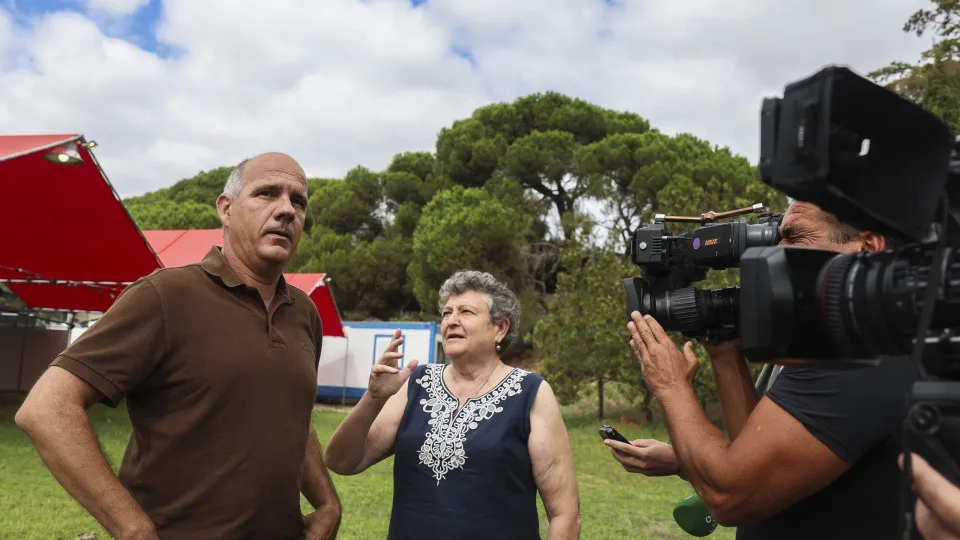The son of a 77-year-old woman who died on April 28 following a power outage affecting electricity supply in Portugal and Spain reportedly sought help only when his mother’s mechanical ventilator battery reached 0%, contrary to public statements, according to the draft report by the Health Activities General Inspectorate (IGAS) on the case.
When interviewed by IGAS, the man stated he called emergency services at 15:47 when the ventilator battery was at 50%. He reiterated this to the media, noting that by the time help arrived, his mother had already died.
“When I called INEM, [the battery] was at 50%. The battery ran out, I used oxygen, and they didn’t show up. They said they were coming, but they took too long. When they arrived, my mother was dead, looking at me,” he told RTP at the time.
However, the draft report, highlighted by Jornal de Notícias (JN) on Friday, concluded that “the information proved to be incorrect based on equipment alarm records provided by the supplier.” The data indicated that the internal battery was activated at 11:31 and switched off at 15:17, creating a window of action of three hours and 46 minutes.
“Despite visual and auditory critical battery alarms, emergency medical services (112) were only contacted after the equipment completely discharged and apparently after the patient went into cardiorespiratory arrest, with an estimated 30-minute gap between this moment and VMER’s arrival at the scene,” the report further stated.

INEM took half an hour to reach the residence in Cacém.
The National Institute for Medical Emergency (INEM) confirmed receiving the emergency call at 15:52, dispatching the Emergency and Resuscitation Medical Vehicle (VMER) at 15:57. The team arrived at 16:15, when the elderly woman “was already in cardiorespiratory arrest.”
The team encountered communication system failures with SIRESP, due to the lack of mobile network and severe traffic constraints.
IGAS evaluated that “standard procedures were followed, which appear correct and effective in INEM’s response, both in terms of attending to the patient and the subsequent dispatch of emergency aid.”
IGAS issued “three recommendations, two to INEM and one to DGS”
On May 1, the Ministry of Health requested “an audit by IGAS for a full elucidation of this case,” focusing on the timeliness of INEM’s emergency response.
The project was approved by the inspector-general on June 23 and sent to the Directorate-General of Health (DGS) and INEM the following day, for a 10-working-day formal response period, ending on July 8, as noted in an IGAS release accessed by Notícias ao Minuto.
The communication also indicated that “three recommendations have been issued, two to INEM and one to DGS.” According to JN, IGAS suggested the emergency institute enhance criteria to prioritize home-life support devices during power outages, and improve communications interoperability. For DGS, they advised revising or drafting a standard on home ventilation, including a contingency plan for such situations.
The inspection process report will be finalized after analyzing the responses from both entities within 20 days.
Notícias ao Minuto contacted IGAS for further details on the case and is awaiting a response.




